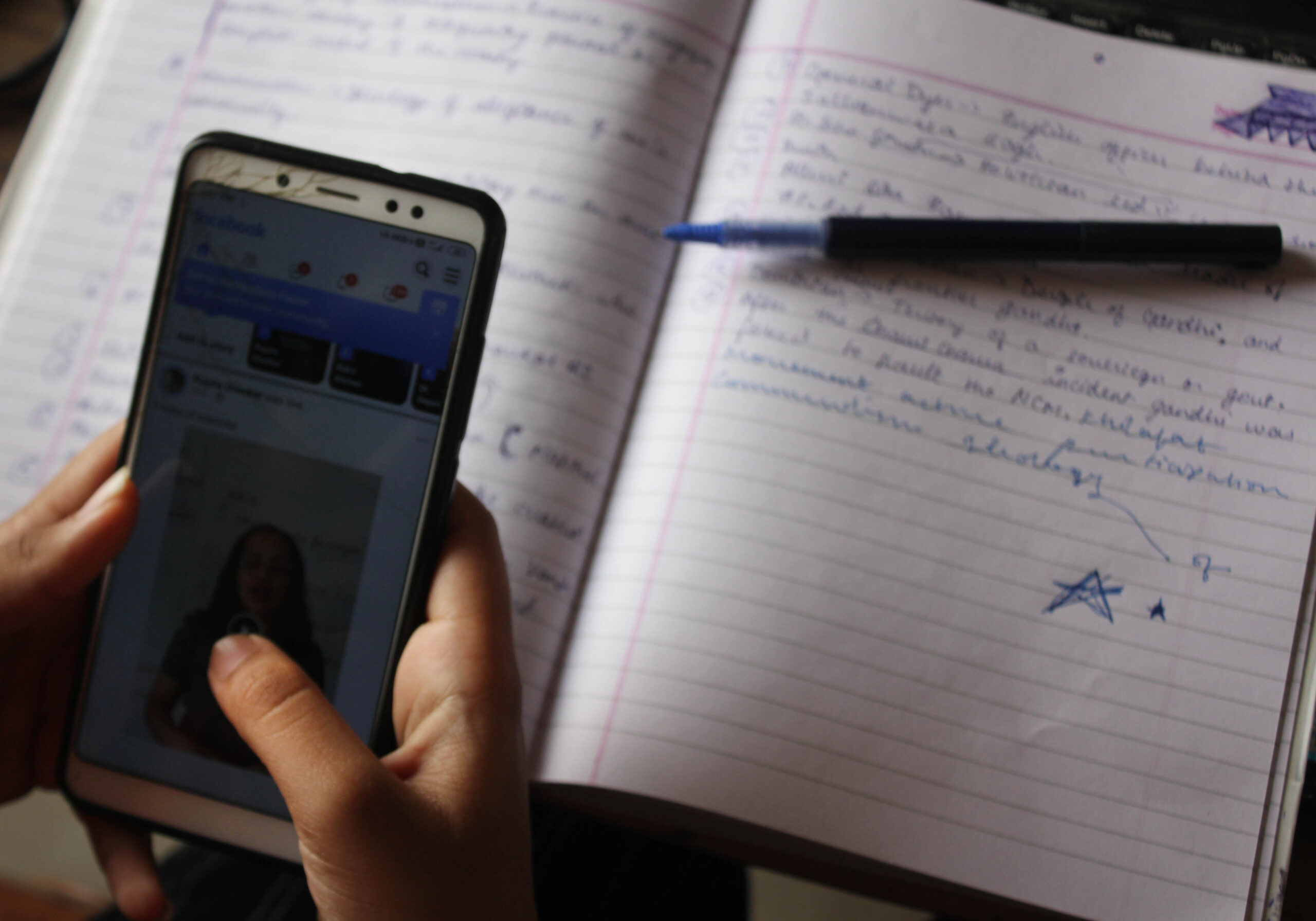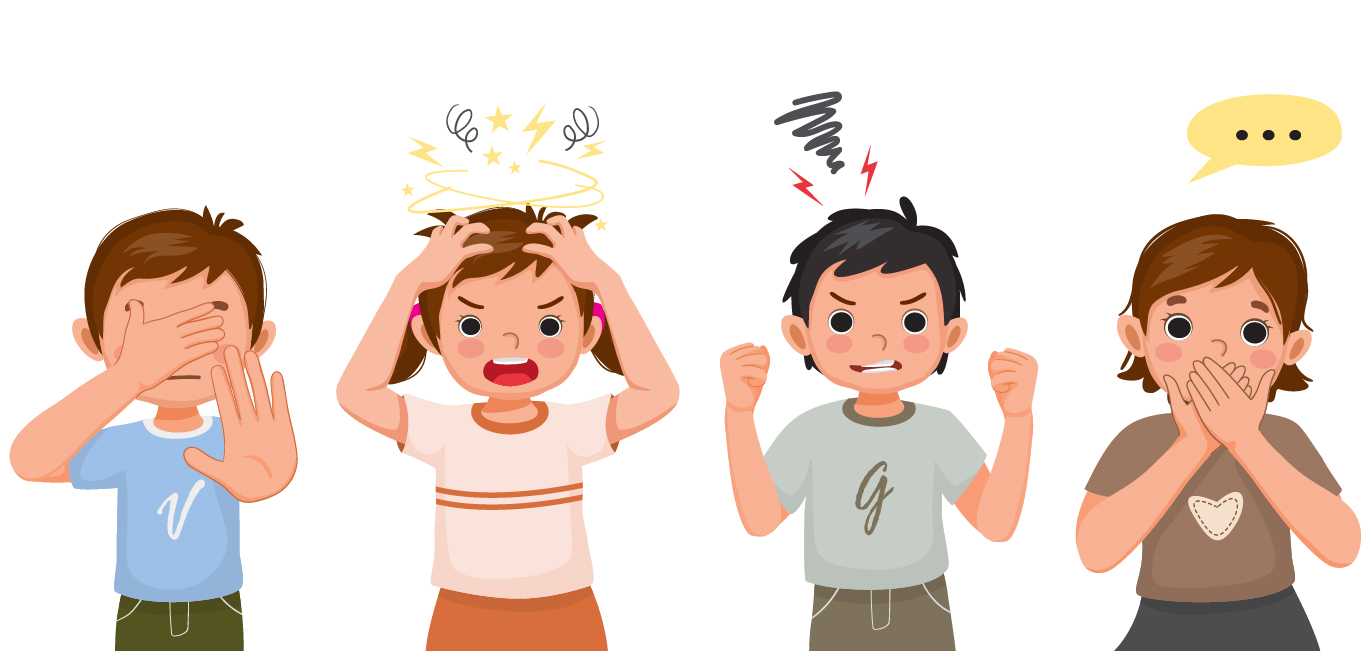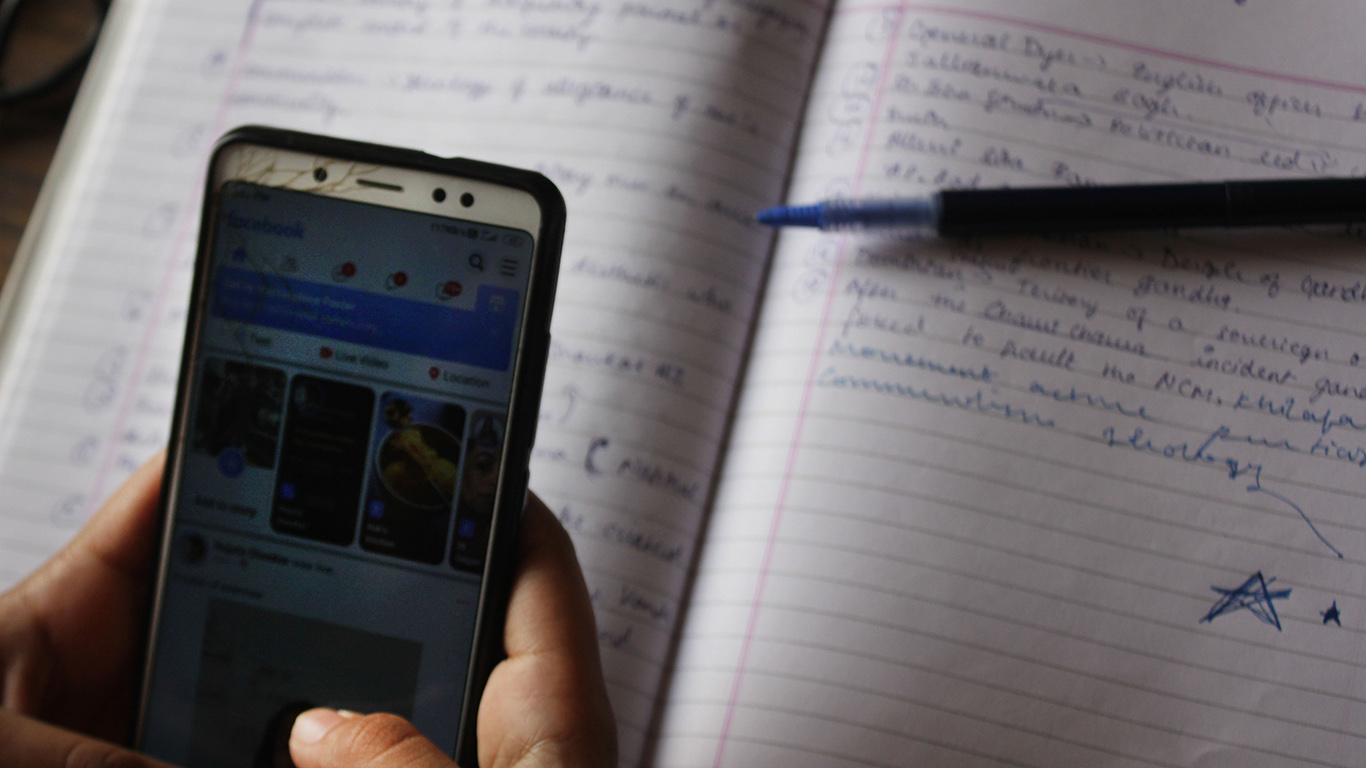
As a child in middle school, I would find myself entirely immersed in the story books I was reading. Under the blanket with a torch at night, in the classroom under the desk, on the beaches of Goa during summer vacation — there was no time or place where I would have trouble getting hyper-fixated on reading. While many people with attention deficit hyperactivity disorder (ADHD) struggle to read, they also have hyper-fixations and reading was mine.
ADHD is a chronic mental condition which includes attention difficulty, hyperactivity and impulsiveness. It often starts in childhood and can persist into adulthood.
When I turned 16, I got my first smartphone and so began the end of my reading habit. I started reading less and less gradually since I found an endless supply of YouTube videos and Instagram posts to keep myself entertained.
By the time I was in college, I realised how much of a challenge it had become for me to pick up a book and finish reading it without getting distracted a million times. I also discovered that I would read an entire page sometimes before realising that I had not processed the meaning; this meant I would have to start all over again. Sometimes, I could not get myself to process what I was reading simply because there were other distracting streams of thought going on in my mind.
Most people with ADHD struggle with things like focus, memory retention and processing, sitting still and not reacting to distractions. I know I struggle with these things in many areas of my life. For a long time, my interest in reading made me hyper-fixate on it, hence bypassing all the ADHD struggles I would have with other things. But as I lost the habit of reading, this activity also became difficult for me.
There are many people with ADHD who have similar stories of being able to read long texts as a child and then struggling to do the same as an adult. There are, of course, many people with the disorder who were never good at reading to begin with.
But whichever one of these kinds you may be, you are not condemned to never be able to read. Through certain tips and tricks, you can be on your way to reading the George RR Martins and the Dan Browns of the world.
What to try the next time you read
The next time you pick up a book, try these suggestions. You may not be able to finish reading an entire novel in one sitting right away but you will gradually be able to read more at a time, better process what you are reading and avoid being distracted.
Read in short bursts and take breaks
Believe it or not, if you want to be able to read for hours at a time, you will have to start by reading in short durations. This will help you gradually increase your concentration.
A popular strategy to get things done that many people with ADHD find helpful is the Pomodoro technique. Using an alarm, read for 25 mins, take a five-minute break and repeat. After four rounds of this, take a longer break and then continue reading.
You can also break up chapters into parts if they seem too lengthy. This will help you better retain information into your memory and make it easier to remember.
Active reading techniques
When you actively engage with the content you are reading, your odds of processing and retaining information is much better. Here are some things you can do:
- Use a pen, pencil or highlighter to annotate or track words while reading
- Read out aloud
- Write notes in the margins or on another piece of paper
- Pick interesting books and content to read, as people with ADHD tend to have a much easier time being immersed in content they find interesting
- Quiz yourself on what you have already read before continuing. But this might stress some people out rather than help them
- Draw pictures of what you just read to better understand or visualize concepts.
Reduce distractions
Being distracted by thoughts or stimuli in the environment is a common issue for people with ADHD while trying to read. You can try reading in spaces where distractions are fewer. Keeping your phone on silent or out of reach may help you avoid getting distracted by notifications. Listening to music helps some people with ADHD concentrate by shutting off distracting thoughts, but for some people it has the opposite effect, making it harder to focus.
Move around while reading
People with ADHD generally have trouble sitting still. But who says you must sit still while reading? Try walking, pacing or standing while reading. Many people have observed that it is easier for them to concentrate on what they are reading when they are being physically active.
Rewarding yourself
While incentivizing people with rewards is a technique most effective and widely used on children, adults too can train their brains to read for longer durations by rewarding themselves. Try this: after every chapter or every 25 minutes of reading, reward yourself with a treat that makes you happy. Over time, your brain will become conditioned into feeling good after every chapter or 25 minutes that you have read. Eventually, you will no longer need the rewards and reading by itself will feel rewarding.
Psychiatry and therapy
When all other avenues fail, many people with ADHD and other neurological conditions turn to psychiatrists and therapists. These mental health professionals can help you learn more about how your brain works and how to reprogramme it, altering your behaviours and habits.
Psychiatrists might prescribe medicines for ADHD if they feel you need it. Therapists might help you overcome your unhealthy behaviours and habits through cognitive behaviour therapy and coping strategies.

















